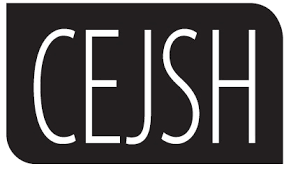Customers’ Patronage, Earnings of Deposit Money Banks and Nigeria’s Shrinking Economy
Abstract
This study investigates the extent to which customers' patronage has affected, caused and associated with the earnings of deposit money banks in Nigeria in the present Covid-19 era. An ex-post-facto design was adopted leading to data sourced from annual reports and accounts of Deposit Money Banks in Nigeria. A simple regression model was applied in gauging the effect of Customers' patronage on Profit before Tax, Granger Causality Test determined whether Profit before Tax was caused by Customers' Patronage while Correlational Analysis confirmed the relationship between the focal variables. Simple regression result reveals that an increase in Total Deposit will significantly increase Profit Before Tax (87%) in the banking industry. Correlation analysis, which is the anchor tool, shows that Total Deposit has a strong relationship with Profit Before Tax of Deposit Money Banks in Nigeria. Lastly, Granger Causality Test reveals that Total Deposit Granger Causes Profit Before Tax in Deposit Money Banks in Nigeria. The findings imply that Total Deposit is a strong determinant of movements in the level of earnings of Deposit Money Banks in Nigeria. It was observed that a greater percentage of customers, even as the economy shrinks into recession after recession, prefer keeping their money with the bank as deposits expecting to earn interest on the investment. The study recommends that banks should strive, through enhanced packages, to mobilize deposits in order to enhance their earnings.





















